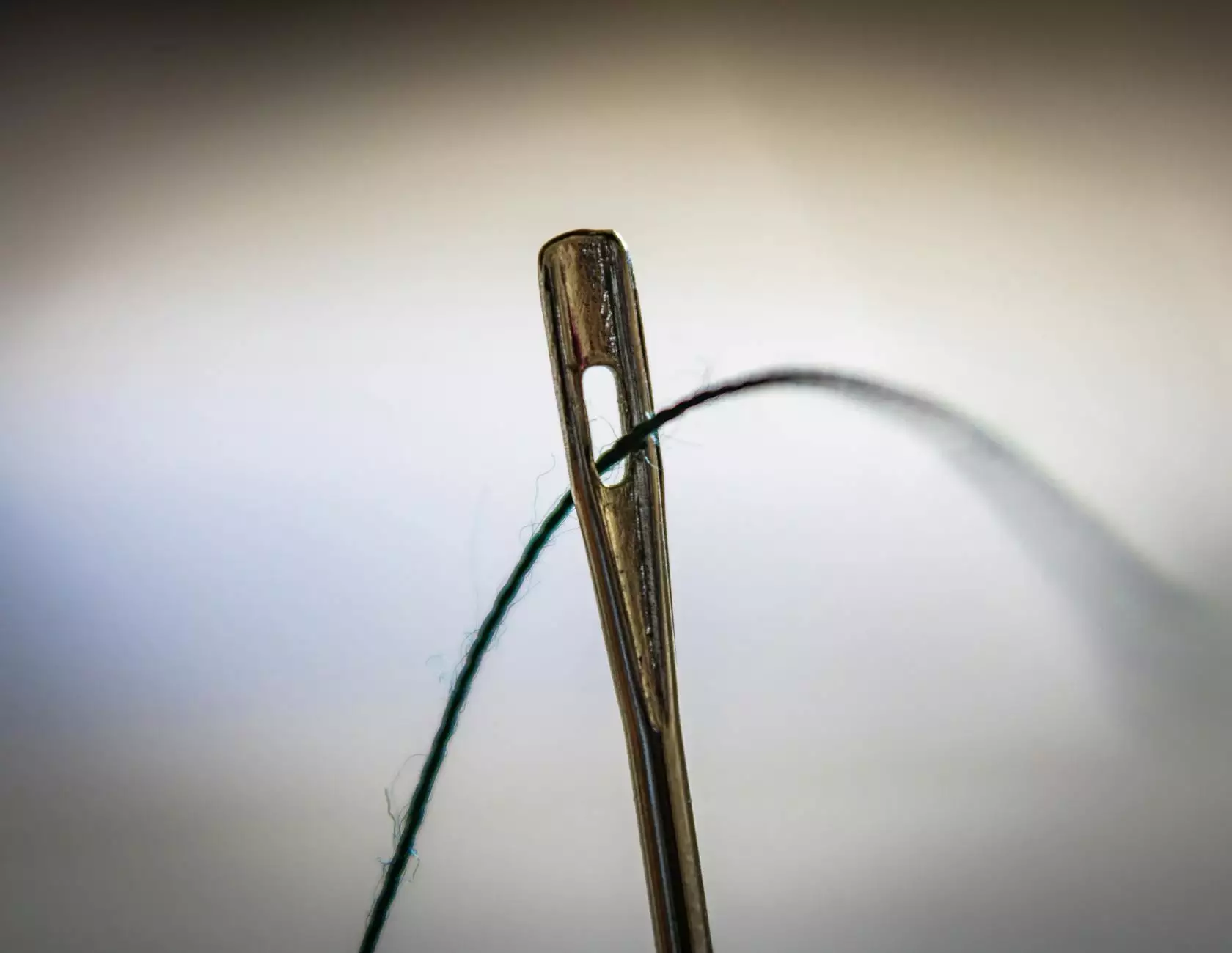Understanding Residential Sewer Repair: A Comprehensive Guide

Residential sewer repair is an essential aspect of home maintenance that significantly contributes to the overall health and efficiency of your plumbing system. As vital as it is under the surface, many homeowners overlook the condition of their sewer systems until a major problem arises. This article delves deep into the intricacies of residential sewer repair, exploring its importance, the common issues faced, preventive measures, and selecting the right service provider.
Why Sewer Repair is Crucial
Our sewer systems play a critical role in ensuring the sanitation of our homes. They handle the drainage of wastewater, allowing for a smooth and efficient plumbing experience. Neglecting sewer maintenance can lead to serious consequences, including:
- Health Risks: A malfunctioning sewer system can lead to unsanitary conditions, creating health hazards for you and your family.
- Structural Damage: Water leaks from damaged sewers can compromise the foundation of your home, leading to costly repairs.
- Environmental Impact: Sewage backups can cause harmful pollutants to enter local waterways, damaging ecosystems.
- Financial Burden: Timely repairs and maintenance are less costly than major reconstruction due to neglected sewer issues.
Common Sewer Problems in Residential Areas
Understanding common sewer problems is the first step towards effective residential sewer repair. Here are some prevalent issues:
1. Clogs and Blockages
One of the most frequent issues in residential sewer lines is the buildup of debris, including grease, hair, and foreign objects. Regular maintenance and proper waste disposal practices can help prevent clogs.
2. Tree Root Intrusion
Tree roots seeking moisture can invade sewer lines, causing cracks and blockages. This is particularly common in older neighborhoods with mature trees.
3. Pipe Corrosion
Over time, sewer pipes can corrode, leading to leaks and potential failures. Regular inspection can identify early signs of corrosion.
4. Cracked or Broken Pipes
Wear and tear, urgent weather changes, or ground movement can cause pipes to break, requiring quick intervention.
Signs Your Home Needs Sewer Repair
Recognizing the signs of a failing sewer system is vital for timely repairs. Look for the following indicators:
- Slow Drains: Multiple slow drains are often a sign of a larger issue within the sewer line.
- Unpleasant Odors: Foul smells emanating from drains or the yard could indicate a sewer leak.
- Pooling Water: Wet spots in your yard may signal sewer line leaks and require immediate attention.
- Gurgling Noises: Strange sounds from your plumbing system can indicate blockages or other issues.
Preventive Measures for Sewer Maintenance
As the adage goes, "prevention is better than cure." Here are some preventive measures homeowners can take:
Regular Inspections
Schedule regular inspections by professional plumbers to catch potential issues early. Advanced cameras can help identify hidden problems in your sewer system.
Avoidance of Chemical Drain Cleaners
While chemical cleaners may seem like an easy solution, they can damage pipes in the long run. Opt for mechanical methods or enlist professional help.
Proper Disposal Practices
Be mindful of what you flush or pour down the drain. Avoid disposing of oils, fats, and non-biodegradable items in your plumbing system.
Choosing the Right Sewer Repair Service
When it comes to residential sewer repair, choosing the right service provider can make a world of difference. Here are tips to find the best plumbing company:
Experience and Reputation
Check for experience in handling sewer repairs and read reviews from previous customers. A reputable company, such as White Plumbing Company, cares for its clients and delivers quality services.
Licensing and Insurance
Ensure that the plumber you hire is licensed and insured. This protects you from liability and assures professional standards.
Transparent Pricing
Reliable service providers offer clear and detailed estimates before commencing work. Avoid those who provide vague quotes without a breakdown of costs.
Modern Technology
Look for companies that utilize the latest technology, from sewer cameras to trenchless repair methods. This indicates a commitment to efficiency and effectiveness.
The Sewer Repair Process
Understanding what to expect during the sewer repair process can alleviate concerns. Here’s a step-by-step overview:
1. Initial Assessment
The plumber will conduct an initial assessment using video inspection tools to identify the specific issue within the sewer line.
2. Recommendation and Estimate
After diagnosing the problem, the plumber will recommend the best course of action and provide an estimate for the necessary repairs.
3. Repair Options
There are various methods for sewer repair, including traditional excavation and trenchless technology, which minimizes disruption to your yard.
4. Execution of Repairs
Once you approve the recommended plan, the repair work will commence, often involving excavation, pipe replacement, or relining.
5. Final Inspection and Clean-up
After repairs are completed, a follow-up inspection will ensure everything is functioning correctly. The area will also be cleaned thoroughly.
Conclusion: Invest in Your Sewer Health
Your sewer system is crucial to maintaining a healthy home environment. By recognizing the importance of residential sewer repair, understanding the common problems, and choosing the right professionals, you can protect your home from unexpected damages and health risks. Trust the experts at White Plumbing Company to handle your sewer repair needs with precision and care.
Investing in regular maintenance and prompt repairs can save you time, money, and the headache of dealing with severe plumbing issues in the future. Don’t wait until it’s too late; ensure your sewer system is in optimal condition today!









